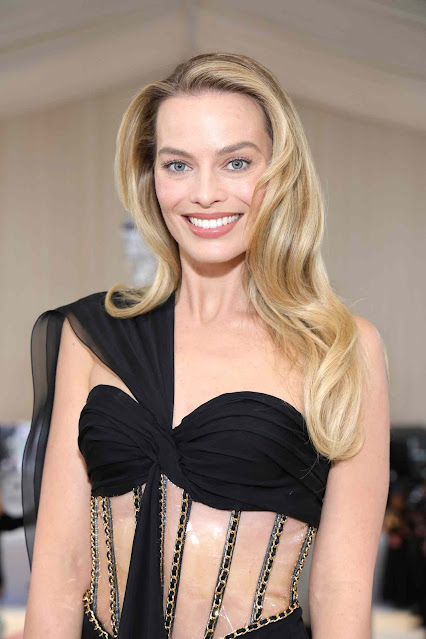Looking at your hair holistically: a chat with Nigel Russell, I.A.T Trichologist

Earlier this week I was invited to enjoy a treatment and blow wave at Grey Lynn, Auckland salon Gareth & Co, courtesy of the very kind people at Pantene. The occasion was the launch of their Deep Fortifying Treatment collection and featured a guest appearance by Trichologist Nigel Russell. A stylist for thirty years in Sydney and Auckland, he realised the importance of trichology in 1985 and trained extensively to become a certified trichologist in 1992. So what exactly is Trichology? The science or understanding of hair and scalp problems in relation to the whole body and its general health, so a rather interesting field indeed. I took Nigel aside for a chat, and found out some rather interesting stuff about how to keep your crowning glory just that…
What is your position with Pantene, can I call you an ambassador?
Pantene use me in the capacity of a hair and scalp specialist, as they are keen to promote the connection between hair and health. It is not my job to promote their products as such because they do a pretty good job of that already, more so to provide health and wellbeing information and direction in how to keep your hair in good shape.
How would you describe what you do?
I am a stylist full time but as a trichologist I am used to provide expert opinion on hair and scalp issues. My role is an advisory position that is why I prefer to remain freelance to be able to offer a non biased opinion. I do product comparisons and recommendations, I give style and colour advice and I also do one on one consultations as we did yesterday but more in depth and with ongoing support. I also offer online advice for people who need help with health issues related to their hair and scalp.
You've been in the business of hair for a long time, in what area have you seen the industry change the most?
I think the biggest change I have noticed is in the techniques used for colour and styling. The big companies are doing a lot more research and have made colour way more user friendly and less harmful. Another big shift too is availability of information for the consumer, so the industry has to stay one step in front as consumers are no longer naïve and demand transparency and clarification when it comes to what is being used on their hair and why. There is a tidal wave of natural products being introduced into mainstream hair dressing and it is no longer a fringe but a complete shift in awareness of the ingredients in our products and the potential damage to us and our environment.
What is one small thing we can change in regards to our lifestyle that will yield results for our hair?
One small step would be to wash it a little less frequently. For lots of reasons: it’s better for the scalp, allows natural oil the chance to do its thing, makes less of an impact on our resources and means one less detergent down our drains. In regards to lifestyle, let your hair dry naturally occasionally and do not apply any styling products on those days.
What is the most common complaint people come to you with in regards to their hair?
The most common complaint is usually diffuse hair fall. Especially in women. Generally it is a low iron issue, stress related or a hormonal imbalance. Women’s hair loss generally is considered temporary and does not get much publicity, but there is a growing number with these conditions and they need to be addressed at the core, systemically and not just with topical application products.
Most of us use a shampoo and conditioner, but how important exactly are treatment products?
If you have colour then a regular treatment is a MUST, a minimum once a week - if not twice - to replenish and restore the ends. This will keep the porosity balanced and stop the colour from fading. I also highly recommend a leave in treatment every other day.
Does price usually equate with efficacy when it comes to products?
Generally price is an indicator, but in all honesty some of these companies are having themselves on. You are buying the packaging and the marketing concept without a true result to match the hype. It all comes down to two things:
1. The correct choice of product for your scalp, and then the correct choice for your ends as generally they are of a different porosity.
2. Mix and match, use a variety of products and offer your hair a different régime as it loves a change . A little luxury with a little mainstream is quite okay, and there will always be a few STAR products that your hair will respond to.
What do you think is the single worst thing we do to our hair?
The single worst thing as I have said , is over washing it and over drying it. Often it is just habit or the demands of the job, so my best advice is take the weekend off, tie it back leave and it for a few days to let your own natural oils take care of the hair. And resist the temptation of the blow dryer and the irons!


Comments
Post a Comment